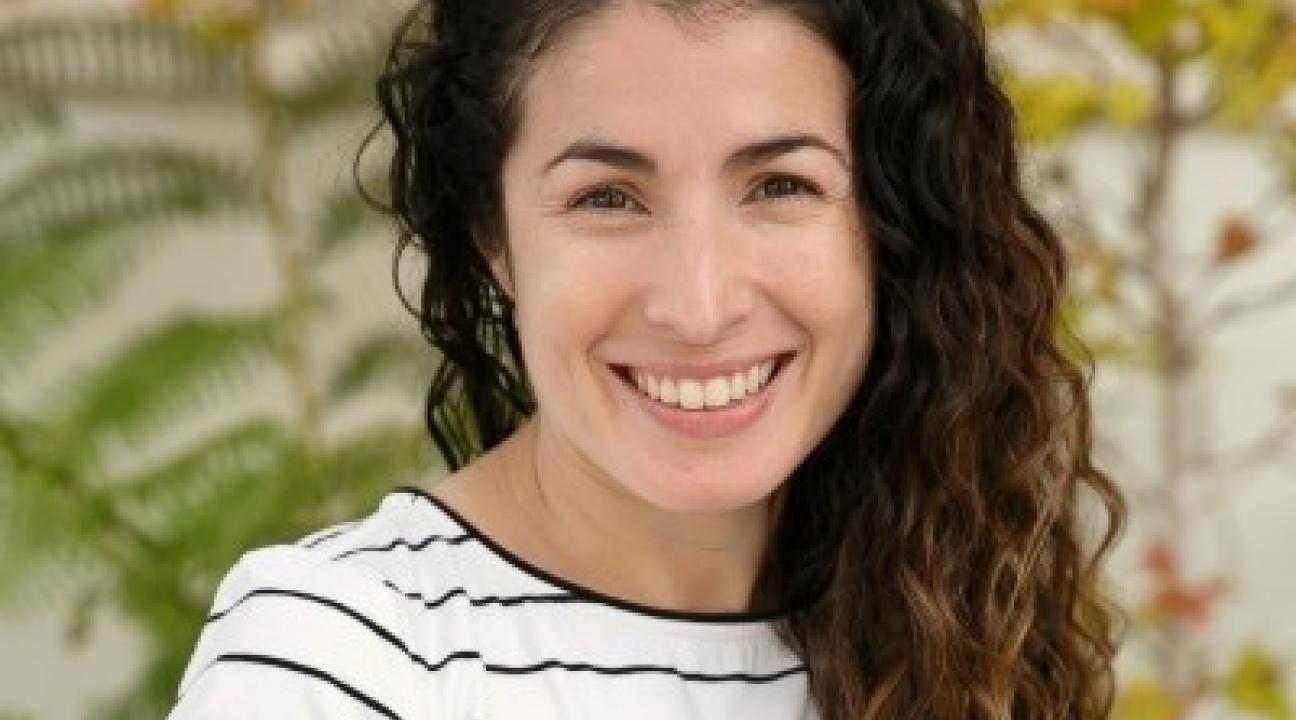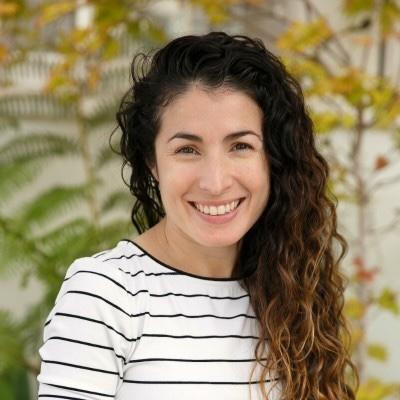SSU Alumna Laura Diaz on ‘Agents of Change in Environmental Justice’ podcast
Alumna Laura Díaz ‘06 talked about inspiration drawn from Sonoma State and her current on-campus project with Dr. Daniel Soto during a recent produced by Environmental Health News.
"I remember the first week being on campus and being overwhelmed with a sense of hope. I just felt safe," Díaz said, describing how Sonoma State’s status as a Hispanic Serving Institution affected her. “Because I was able to really thrive in this space, I majored in molecular cell biology and double minored in chemistry and music. I was part of the chamber music orchestra. I was loving life.”
Then, during her junior year, Díaz was diagnosed with lupus. She became sick and had to use a cane to walk.
“Despite that, I knew the faculty were there for me. I knew my classmates were there for me, and they really helped me push through a really, really difficult time,” she said. “So I feel very committed to what education means and what that means for social mobility.”
Díaz is now a Ph.D. student at UC Berkeley studying Environmental Health Sciences and is founder and director of the Educator Collective for Environmental Justice.
Growing up, she said her parents worked in affluent Walnut Creek, but the family lived in Pittsburgh, CA, “in between this corridor of polluting industry along that water, which included the Dow Chemical Plant, the power plant, and several other toxic release facilities.
“So we'd be going from this very affluent space, where it was very green with a lot of open space to back home, where there was a lot of concrete and we’d see that whole polluting industry,” Díaz said.
She recalled how, while she was teaching high school, a summer sustainability course she took at Sonoma State helped her name this disparity and become a passionate advocate for environmental justice.
“There (at the course) I met visiting professor Karna Wong, and she absolutely changed my life,” Díaz said.
“She showed me this database called . It's basically a map of California that displays community exposures to pollution, health burdens, and demographic characteristics. That was the first time that I saw my community in bright red, because bright red means more burdens.
“And then I saw Walnut Creek bright green, and bright green is associated with less burdens. It was like this final puzzle piece [of understanding]; it all came together.
“I realized that environmental justice wasn't only something I loved learning about, it also impacted my life. I don't know if growing up in close proximity to these facilities is a reason why I have two chronic autoimmune diseases, but it does drive my work,” Díaz said.
“Now, I continue to work and partner with Sonoma State.”
Díaz and Daniel Soto, SSU Associate Professor and Chair of the department, co-founded
Housed at Sonoma State, P4ER is an environmental justice hub housed at Sonoma State, where undergraduates are trained in community-driven research by Diaz and Soto. The students are provided with tools, like air monitors, to go into vulnerable communities and collect data and then are taught methods on how to clean that data. Through this process, students gain data sovereignty, she said.
Díaz and Soto also train the undergrads to lead workshops in environmental justice and community health. The hub engages with community partners in the North Bay Organizing Project and the Latinx Student Congress and runs a Latinx Youth Environmental Justice Council that meets on campus.
Díaz said that supporting youth to fight for cleaner air and a more just environment has been “a healing practice in the environmental justice work I'm privileged to do.”
To hear or read a transcript of the entire podcast,



